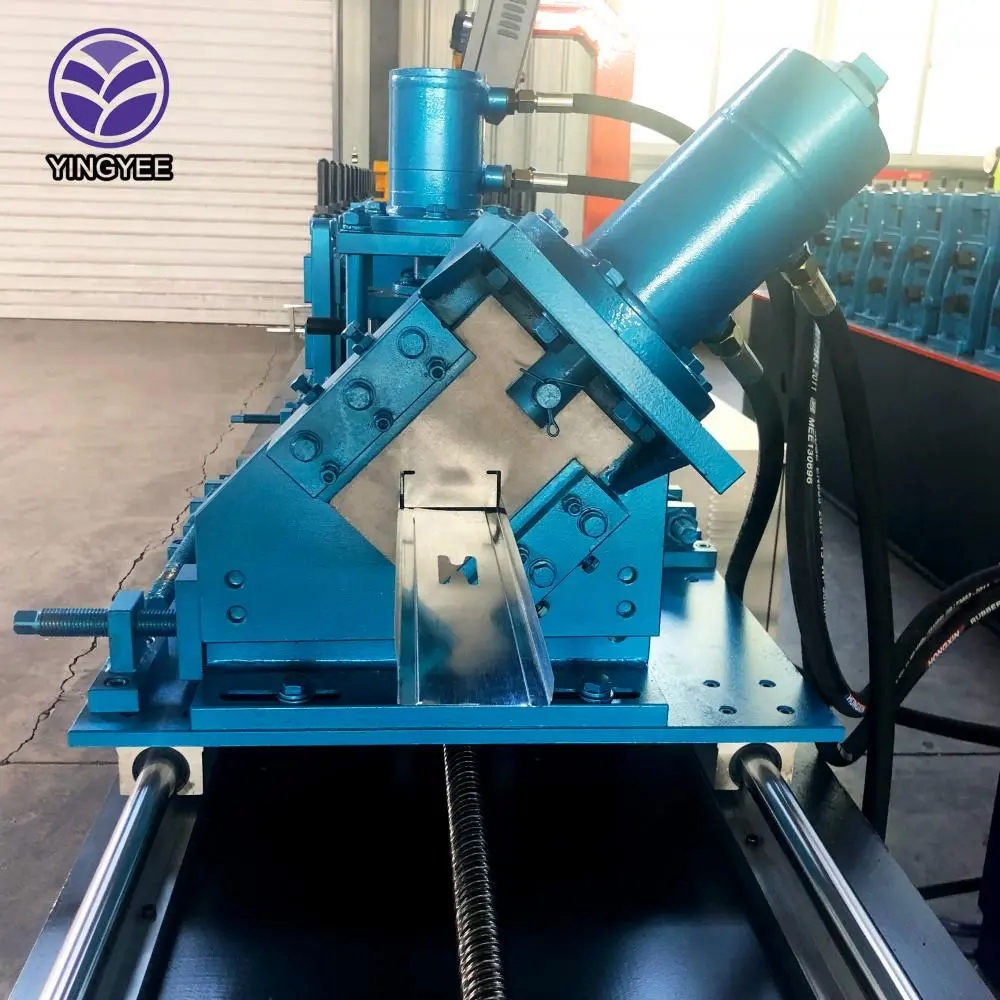
The Steel Bar Rolling Machine Essential for Modern Manufacturing
In the realm of modern manufacturing, the steel bar rolling machine stands out as a vital component in the production of various steel products. This machine is designed to transform raw steel ingots or blooms into finished bars, which are widely used in construction, automotive, and various other industries. Its efficiency, precision, and adaptability make it a cornerstone in the metalworking sector.
The process of rolling steel bars begins with heating the raw material. Steel ingots are typically heated in a furnace to reach a temperature that makes them malleable enough for forming. This heating process is crucial, as it reduces the yield strength of steel, allowing for easier manipulation during rolling. Once heated, the ingots are fed into the rolling machine, where they undergo several passes between rollers.
The design of steel bar rolling machines has evolved significantly over the years. Modern machines often incorporate advanced technology, including computer numerical control (CNC) systems, which enhance precision and efficiency. These systems allow for real-time adjustments during the rolling process, ensuring that the final product meets the necessary specifications for dimensions and tolerances. Additionally, automation features reduce the need for manual intervention, improving productivity and minimizing the risk of injuries.

One of the key advantages of steel bar rolling machines is their ability to produce a variety of bar shapes and sizes. Whether it's round bars, square bars, or specially shaped profiles, the rolling machine can be configured to meet specific requirements. This versatility is particularly beneficial in industries where tailored solutions are needed for unique applications. For example, construction projects may require specific bar diameters or grades, which can be efficiently produced using a steel bar rolling machine.
Moreover, the efficiency of these machines contributes to reduced production costs. By streamlining the manufacturing process—from heating to rolling to cutting—steel bar rolling machines minimize waste and optimize resource use. This is particularly important given the rising costs of raw materials and the increasing emphasis on sustainability in manufacturing practices. The ability to produce high-quality steel bars with minimal waste not only strengthens the bottom line for manufacturers but also serves environmental goals.
Furthermore, steel bar rolling machines play a pivotal role in the global supply chain. As steel remains a fundamental material in construction and infrastructure development, the ability to produce and supply steel bars promptly is essential. These machines enable manufacturers to respond quickly to market demands, ensuring that industries have access to the materials they need when they need them.
In conclusion, the steel bar rolling machine is more than just a piece of equipment; it is a fundamental part of the modern manufacturing landscape. Its efficiency, precision, and versatility make it invaluable in producing essential materials for various sectors. As industries continue to evolve, the role of steel bar rolling machines will undoubtedly grow, reinforcing their status as a linchpin in the production of steel products. As technology advances, we can anticipate further innovations in the design and functionality of these machines, paving the way for even more efficient and sustainable manufacturing practices in the future.